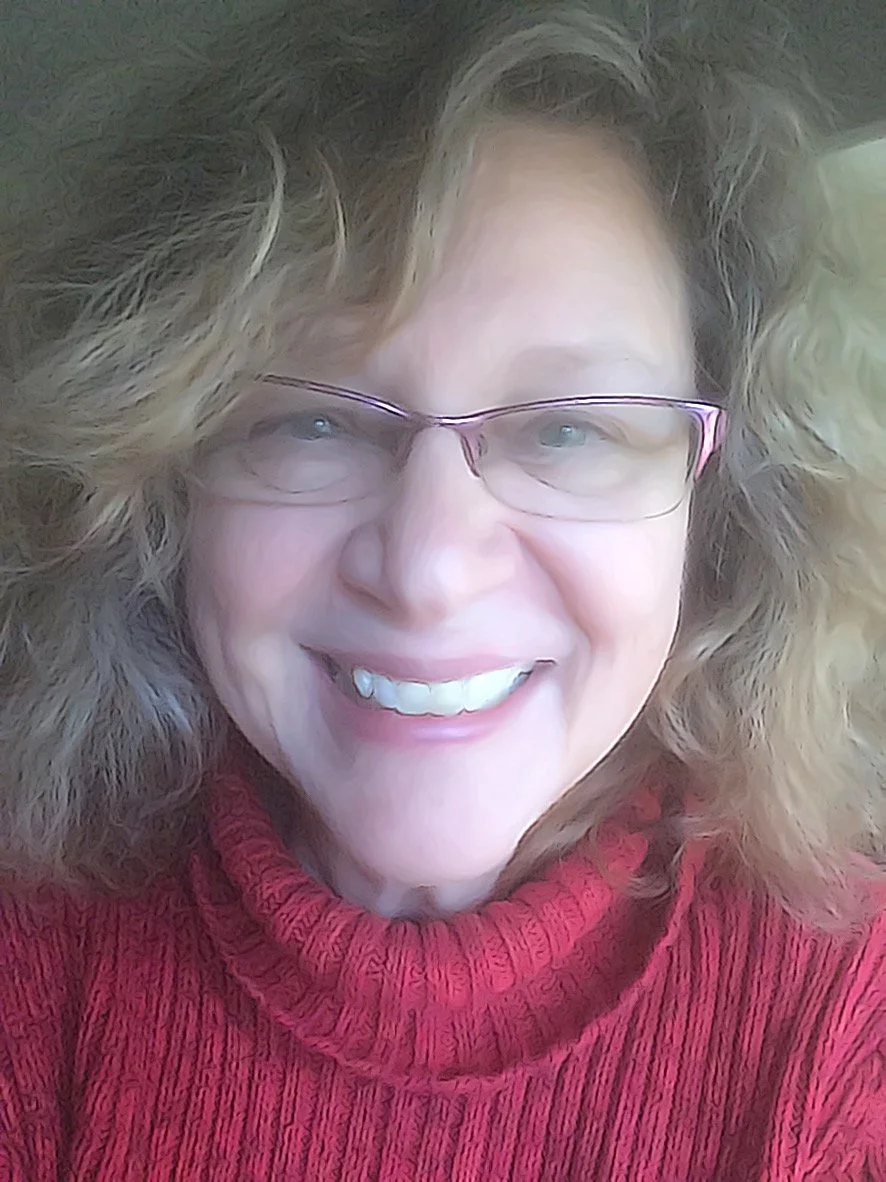
KN Magazine: Articles
Punctuation Is Power - Part 4: Finding your style: Free your mind and readers will follow
Ernest Hemingway wrote a novel you may have heard of called The Old Man and the Sea. It is described as a brilliant short novel, but before editors got hold of it, it was neither brilliant nor short. In fact, it meandered here and there. What a mess. It took an editor to find the story and chop out the crap, after which Ernest could finish it to become the brilliant, short novel we all know and love.
Part 3 of my series ended with the recommendation of getting an editor who was not in love with a particular style manual and forcing your story into a predetermined mold that may not fit. Hemingway was well served by just such editors. This column is about finding a style and training readers to it.
Many new writers, not having a technique or approach of their own, attempt to copy the writing style of an author they love. For writers endeavoring to learn the foundational elements of storytelling, pacing, power, scene setting, and so forth, there is nothing wrong with that. Like a musician practicing scales of chords and note patterns of famous works and then learning to vary those themes with his own flavor, a writer must can emulate the masters until that deeper understanding of interplay comes.
Delve into your heart of hearts and answer this question: Why do you write?
For myself, that answer is: Because I can’t not. Words are my thing and have been since I began learning to talk. Semper fidelis—always in the service of words.
Still, the question can lead to a huge list of follow-ups we don’t have time to cover here. King Solomon said in Ecclesiastes 12:12: “To the making of many books there is no end, and much devotion to them is wearisome to the flesh.” And this is a business that demands attention and can weary a soul.
That being said, it is important to know your own reason. There are no right or wrong answers to the question. But if you find you are wanting to write in order to sell your work for a large, anonymous crowd of readers—that is, you want to sell it in the retail marketplace and be in the business of book sales you will want to bring the best version of your work to that arena and make it stand out from other books also vying for readers’ attentions.
A book may feel like a baby, but it is a product. So, how can you find your own voice and train a reader to like it, understand it, want more of it?
Finding your own voice is a mysterious process. It cannot be taught, but it can happen. Training a reader is easy. Once you’ve found your voice, now you refine it on the page. Once you’ve got the story pretty close to finished, the hard work of checking the flow begins.
Then and only then you will question the use of every punctuation mark you’ve put in. You may find a long, run-on sentence that is convoluted and meanders down paths no one can find, yet each part seems important. You must now decide if it needs to be broken up into fragments and whole sentences of varying lengths, or something else entirely.
What I like to do is copy that one sentence (or graph) and paste it twice into a blank document. The first I will leave as my reference to the original. The second I then play with. Break here, here, and here? Comma there? Colon or semicolon? Then I paste the original sentence in for a third time and play again using both the original and the new edits as reference. Comparing how the meaning and pacing has changed, I change the order of the words, use a thesaurus, maybe work in some alliteration, and look for clichés and repetitions.
After about the third time of doing this, an Aha! moment may arise and you’ll see that maybe the original was perfectly fine, but that the problem was the graphs leading up to it. You rework those portions and bingo, bango, bungo, you got some words worth keeping.
That’s just one method. However, at this time something seemingly magical will happen. You will begin to find your voice. Like the musician practicing his scales, chord progressions, and inversions, and thus seeing all the variety he can produce, you won’t be afraid of words any longer because the words will know you are treating them as equals and respecting the power they bring to your tale by punctuating with powerful effect and affect.
Now, once you start punctuating to tell you story your way, make sure you follow that same style throughout the book, and guess what? By about the end of the second chapter, the reader will learn to follow along, simply and naturally enjoying the story.
Punctuation should never get in the way of a tale. Those marks are the workhorses that make the story look good, but they never take center stage away from the star, your story.

Submit Your Writing to KN Magazine
Want to have your writing included in Killer Nashville Magazine?
Fill out our submission form and upload your writing here:

